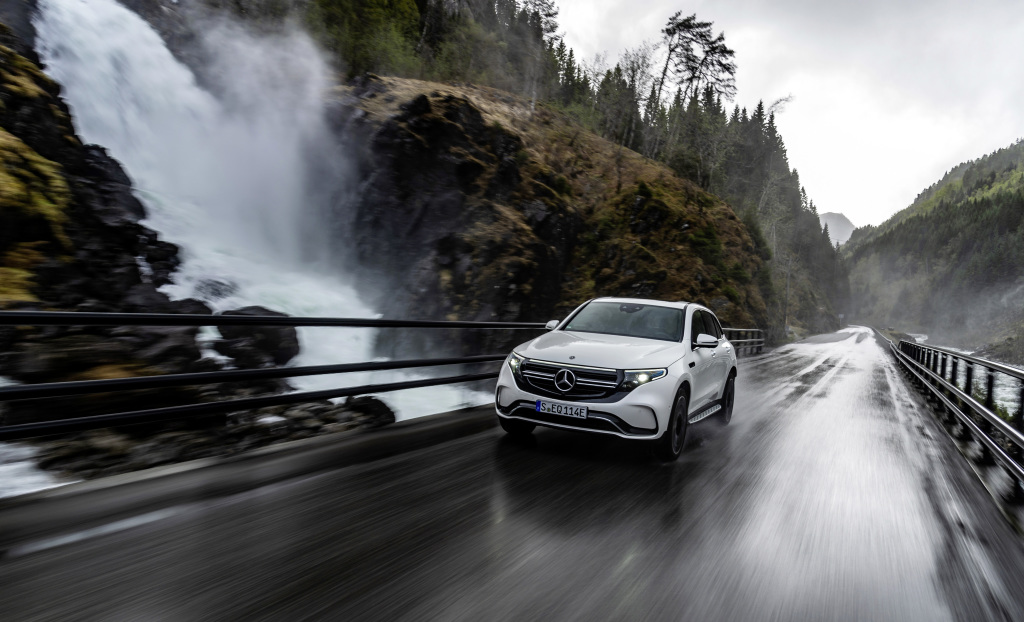Access to a stable supply of batteries has become one of the main torments of traditional manufacturers. They have launched into the electric car market in considerable volumes without much planning. This is the case of Mercedes, which debuted last year in this new generation with the EQC, and of which a small part of what the German brand estimated has finally been produced.
And it is that of the 25,000 EQCs that they expected to place in 2019. Finally, the figure has remained at only 7,000 units due to not having enough batteries to complete the objectives.
But now it seems that with a volume of batteries in more stable numbers, from the Stuttgart brand, they are more optimistic, and according to Joerg Howe, representative of Mercedes, this year they hope to be able to produce at least 50,000 units of the EQC. A figure that will represent a significant leap forward would represent more than 7% of Mercedes SUVs’ total sales compared to last year’s numbers. A share that possibly this year is larger due to the drop in sales of diesel and gasoline models.
Registrations of the electric SUV that are fundamental for a brand that has seen sales of diesel and gasoline SUVs grow significantly in recent years, reaching one in three transactions. Something that has a direct impact on the brand’s emissions.
A departure from the hand of electric cars where in addition to the EQC, we should see the urgent arrival of the EQB, scheduled for 2021, which will be accompanied later by the most accessible version, the EQA. Three proposals that, together with the new successful plug-in hybrid versions of Class A and B, should help to make emissions fines somewhat more contained by 2021.

